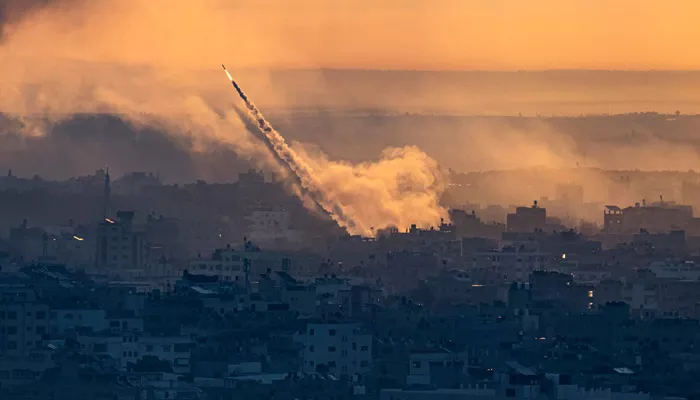Top energy executives convened in the Malaysian capital on Monday against the backdrop of rising geopolitical tensions in the Middle East, as concerns mount over the potential impact of the Israel-Iran conflict on global oil and gas supplies.
Speaking remotely at the industry conference, Amin Nasser, CEO of Saudi Aramco, underscored the enduring significance of hydrocarbons in times of global instability.
“History has shown us that when conflicts occur, the importance of oil and gas can’t be understated,” Nasser told delegates via videolink. “We are witnessing this in real time, with threats to energy security continuing to cause global concern,” he added, without directly referring to the escalating hostilities between Israel and Iran.
Tensions spiked after Israel launched airstrikes on Friday targeting Iranian facilities, including its nuclear infrastructure, in what it described as a measure to prevent Tehran from acquiring nuclear weapons. Over the weekend, the situation intensified with an Israeli strike on Iran’s South Pars gas field — a critical component of Tehran’s energy sector. The attack marked the first direct hit on Iran’s oil and gas infrastructure and led to a partial shutdown in production.
Takayuki Ueda, CEO of Japan’s Inpex Corp, expressed surprise over the targeting of South Pars, given its central role in regional gas output. He noted that while the market currently perceives the situation as contained, a significant escalation could have far-reaching consequences.
“The market feels the situation is still under control by both countries, and I hope this situation will not be escalated,” Ueda told. “If this becomes a full-fledged war, I think oil prices could rise above US$100.”
Oil prices, which had surged 7% on Friday in response to the conflict, slipped on Monday after an early climb, reflecting market uncertainty.
OPEC Secretary General Haitham Al Ghais also attended the conference but declined to address questions regarding the conflict’s potential effects on oil markets. Many other senior executives similarly refrained from public comment on the Middle East situation.
Meanwhile, energy services company Baker Hughes confirmed it was maintaining operations in the region, while closely monitoring developments.
“It’s a little early, and we’ve got to monitor the situation with regard to what’s the potential impact on supply,” CEO Lorenzo Simonelli said in remarks. He added that the company’s employees in the region remained safe and expressed hope for a reduction in tensions.


